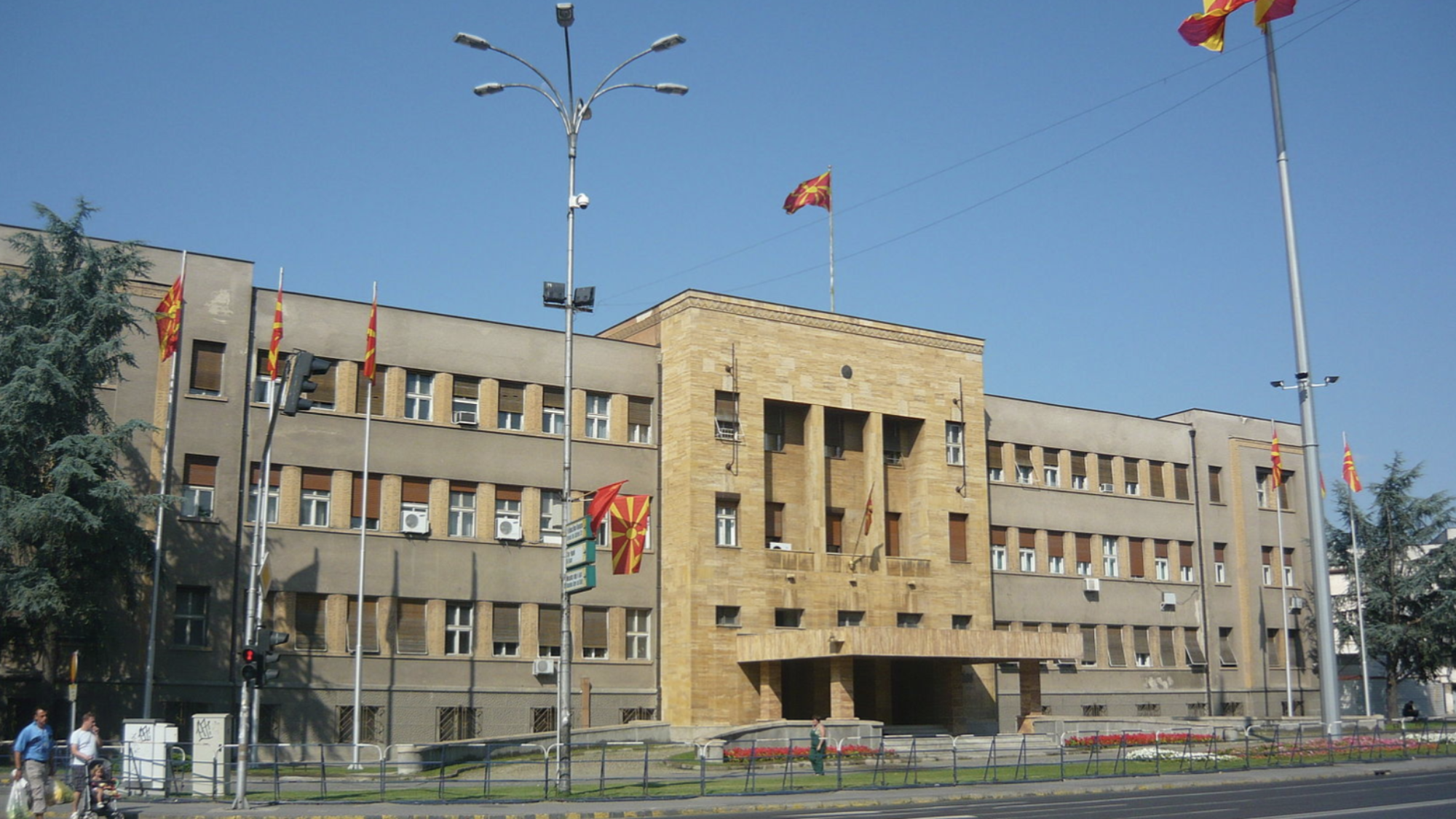GJIA: There have recently been protests in Greece over the use of the name Macedonia sparked by negotiations between the two countries. How have these negotiations progressed recently?
VN: There’s optimism on both sides of the discussion, and moving forward on the issue is in the interest of both countries. For Macedonia, it would be a step forward in our strategic orientation, especially with regard to membership in the European Union and NATO, and we believe that our membership in the EU and NATO would be in the interests of our friends from Greece as well. We intend to not only be friends, but true allies with Greece in the years to come.
Greece is a member of both NATO and the EU. How does this fact impact negotiations regarding possible membership in those institutions for Macedonia?
If we solve the issue with Greece, then there will be few other obstacles to our membership, because until now our membership has been prevented by Greece’s use of a veto. It is not only in the interests of both of our countries, but also in the collective interests of the European Union and NATO, to include the Republic of Macedonia as a member state, and therefore improve the political and economic stability and security of the whole region.
How likely is Macedonia to change its name in order to appease Greece?
We are currently having talks within the United Nations to find a mutually acceptable solution to this question, because Greece and Macedonia do have differences over the name. These talks are conducted within the boundaries of United Nations Security Council resolutions, the judgment of the International Court of Justice, and the UN Charter. We are seeking to find a solution which is mutually acceptable and which will protect the dignity of both nations and peoples.
Why is Macedonia looking to join the EU and NATO?
There are greater political, economic, and security benefits for a small country like ours to be inside the European Union and NATO than to stay outside. All of the countries from central and eastern Europe that have joined the European Union and NATO have undergone a process of economic development, political stabilization, and improved living standards for their citizens; we have no reason to believe that this won’t be the case with the Republic of Macedonia. We are already benefiting from a number of European Union programs, but the full membership will provide even more benefits and open up more funds. This will allow us to improve our standards of living and bring our society, economy, and political systems much closer to the standards of the European Union.
What other domestic issues is Macedonia currently facing?
As any other country in our region does, we do have certain political issues. That said, it has always been normal for a democracy to have differences of opinions, so the political system must find a way to keep those issues within the institutions. I’m hoping that our political leaders and the leaders of the different ethnic groups will find the strength to put the interests of the country before their political interests, because this is the only way for our country and our nation to move forward.
Disclaimer: this transcript has been lightly edited for clarity and length.
. . .
Ambassador Vasko Naumovski is the Macedonian Ambassador to the United States, as well as the special envoy to the United Nations for the talks regarding the Macedonia naming dispute. He previously served as Deputy Prime Minister of the Government of the Republic of Macedonia, responsible for European affairs including integration and membership negotiations. He is also a Professor of International Relations, and has conducted and published research in the fields of international relations, European integration, and international law at the University of Saints Cyril and Methodius. Ambassador Naumovski holds a bachelor’s, masters, and PhD from the Ss. Cyril and Methodius University in Skopje, as well as a masters from the University of Bonn in Germany.

